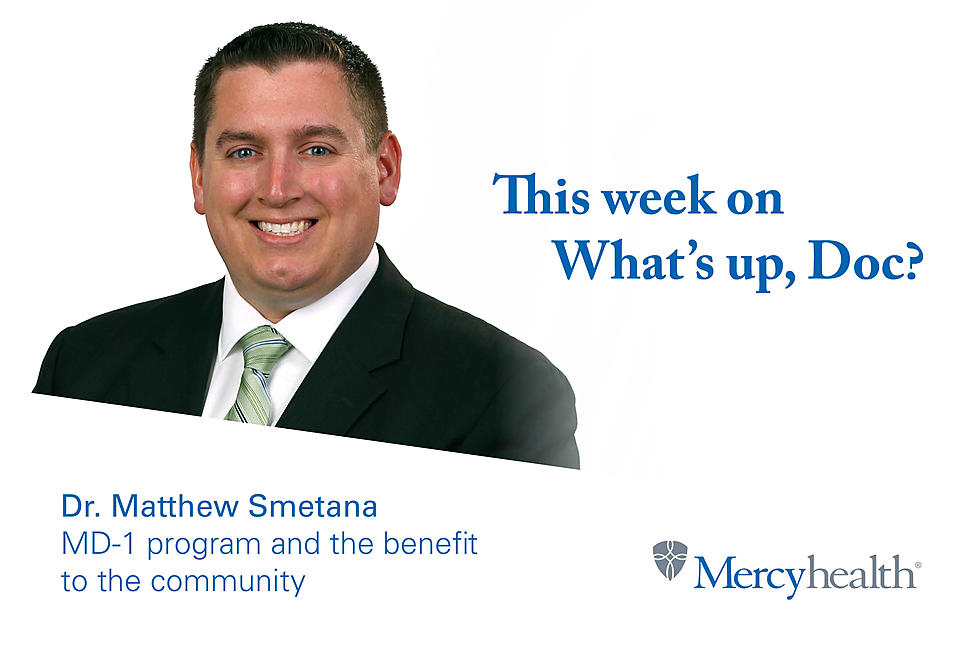
What’s Up, Doc? With Dr. Aashish Taneja
This week's episode is about your skin health during midwest winters.
Dr. Taneja is a dermatologist from the Chicago area. He went to the University of Illinois for his undergrad. We didn't get to talk about the breaking news about Ayo Dosunmu breaking his nose.
Probably for the better because we only had about 15 minutes for the interview and that would have taken up about 14 of it.
Instead, Dr. Taneja taught us a few things about our skin.
Did you know that the SPF level in sunscreen doesn't necessarily mean how strong it is? Dr. Taneja tells us that the SPF level is more of an indicator of how LONG it gives you protection from the sun. An SPF 60 will allow you to spend more time out in the sun not because it is physically stronger but because it simply lasts longer on your skin. That's why he recommends choosing an SPF based on how long you'll be spending outside rather than how much pigment is already naturally in your skin.
Dr. Taneja is a dermatologist so of course, the conversation had to turn to skin cancer detection for a little bit. We all know about the warning sign of irregularly shaped or raised moles. One skin cancer indicator that I didn't know about was skin not healing properly. A nick or cut that doesn't heal right, or a pimple that just doesn't go away could also be signs of skin cancer.
Then we got to how to care for your skin during the winter. Unscented lotion is a key ingredient to avoiding dry skin during the winter. You want unscented because the extra oils and ingredients that go into scented lotions will be absorbed into your skin instead of the actual lotion. You want to moisturize right after your shower. Your winter showers shouldn't be too hot or too long and don't be too aggressive when applying soaps or other skin cleansers. Don't rub vigorously to dry off, instead pat yourself dry. These are Dr. Taneja's biggest tips for staying moisturized during harsh midwest winters.
We thank Dr. Tanjea for taking time out of his day to talk to us.
A new What's Up, Doc? episode airs every Thursday morning at 8:35 on 1440 WROK.
LOOK: Answers to 30 common COVID-19 vaccine questions
While much is still unknown about the coronavirus and the future, what is known is that the currently available vaccines have gone through all three trial phases and are safe and effective. It will be necessary for as many Americans as possible to be vaccinated in order to finally return to some level of pre-pandemic normalcy, and hopefully these 30 answers provided here will help readers get vaccinated as soon they are able.
More From WROK 1440 AM / 96.1 FM









